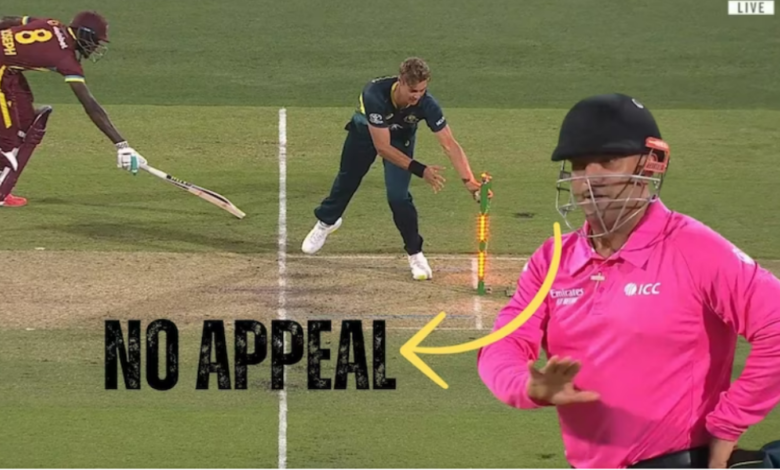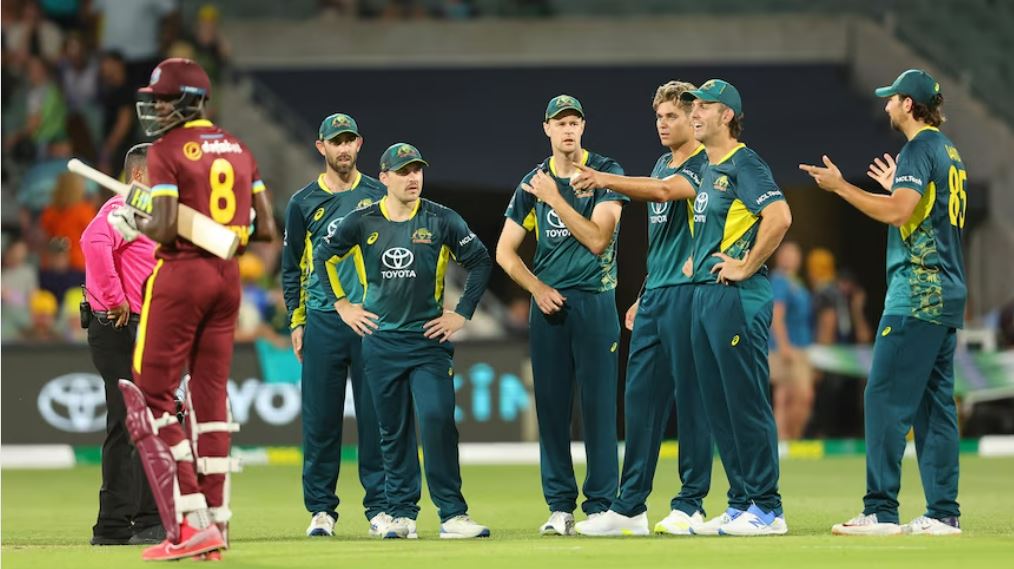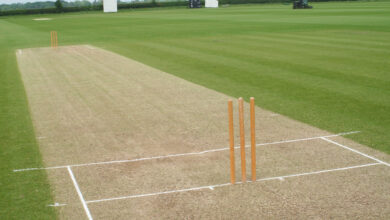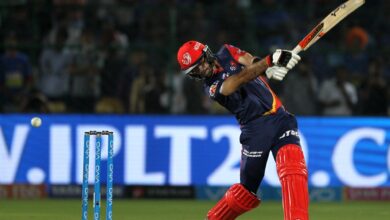
The A US vs. WI runout controversy has stirred cricket discussions, prompting a closer look at MCC laws regarding appeals. This intriguing incident has brought into focus the regulations governing runouts and the nuances of appeal in cricket.
As per MCC laws, players must adhere to specific guidelines when making an appeal, ensuring fairness and sportsmanship on the field. Understanding the intricacies of these laws becomes paramount in situations like the AUS vs WI runout controversy. This incident not only sparks debate on the field but also raises questions about the interpretation and application of MCC laws, inviting cricket enthusiasts to delve into the technicalities that govern such pivotal moments in the game.
Cricket is a really fun game!! It surprises many, sometimes because of the length of the game and sometimes because of the rules. Something so incredible happened in the second T20 International between Australia and the West Indies at the Adelaide Oval on February 11, 2024.
Joseph Alzarri was denied Australia’s wicket because he did not claim the lead. Replays showed Joseph being interrupted when Spencer slipped off his shoulders.
However, the laws of cricket clearly state that the umpire can only put down the racket after the team appeals.
Here is what the MCC laws mean.
Under the Marylebone Cricket Club playing rules, under Section 31.1, the umpire must not dismiss a bowler without an appeal.
No arbitrator can advocate, even if it is according to the law, unless he is called from the field. This shall not prevent a person who is a foreigner under either act from having an appeal filed.
The ICC rules also explain when a batsman is dismissed. “Baltor is released if he is released by appeal to the arbitrator or by some law and the door is opened as in 31.1.”
Aus vs WI Runout Controversy: T20 drama in Adelaide

Chasing 242 runs, the West Indies trailed by nine in the 19th over when Alzarri ran to cover and ran out one. Mitchell Marsh collected the ball and sent it to Spencer Johnson, who broke the stumps.
Since the attack was in remote western India, there was little interest from the farmers. And Johnson resigned his brand of bowler.
A large screen on the ground signified Joseph from the field, but the referee, Abood, was heard in the field saying, “There is no appeal.
Tim David protested what he called, but referee Abood stood by his decision. Johnson finally dismissed Australia and scored 34 runs to win the match.
Who said anything about the burnout controversy?
Glenn Maxwell: “I think the referee didn’t appeal to anyone, and some of us thought so. I understand that it’s fair; not everyone has the same appeal, but it probably is. The third referee you’re waiting for—we thought he was close, and you raised your hand to us.
“Someone stopped him, thinking that I had sent him, and everyone looked at the big tent, and the ram was already walking. There was a great commotion; the game did not stop, thank God. One of those new rules.” In cricket, we have to be a little bigger in our calls.”
According to Section 31.1 of the MCC Law, the arbitrators will not grant an appeal. The law says: “Nor shall an arbitrator act, even if he is under the law, unless he is appealed from the field. This is to shake him, who is outside the law, lest he leave the door. Made without an appeal.
Despite the rare incident, Australia’s bowlers managed to withstand a strong fight from the West Indies, as the visitors were restricted to 207 for nine. The West Indies suffered their fifth straight loss in white-ball matches on tour, with the remaining three being in the form of ODIs that precede the T20I series.
The final match of the long series will take place on February 13 in Perth, where Australia will look to complete the white-ball contest on the back of a whitewash while the West Indies will hope for a consolation win.




